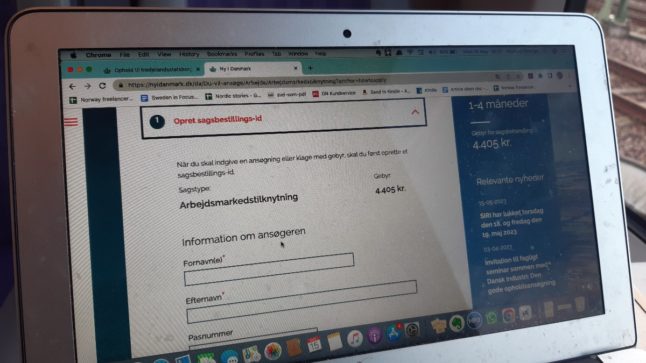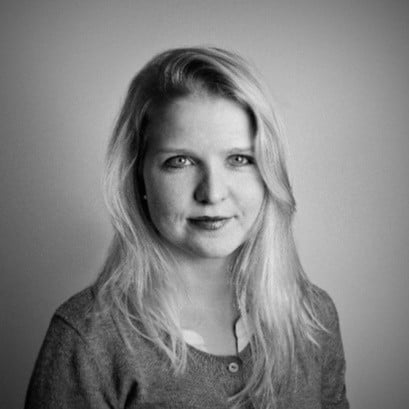People applying for a residence permit under Labour Market Attachment scheme, or arbejdsmarkedstilknytningsordningen, currently need to fill in their passport number and passport expiry date on the online form even though holding a valid passport is not a formal condition for eligibility to the scheme.
In March, the parliamentary ombudsman asked the agency to change its form to allow people without passports to apply, which the agency has now agreed to do.
“The system so far has made it difficult, and in some cases perhaps even prevented, applicants without a valid passport from applying. I am satisfied that the agency is now changing its form”, Niels Fenger, the ombudsman wrote in a press release.
According to the press release, SIRI has said that the online form will change at some point between the end of May and the beginning of June this year.
Anyone wanting to apply for a permit under the Labour Market Attachment scheme can use a paper form up until this point.
The agency has also changed its guidance so that people who due to “special circumstances” cannot use the digital application form can be exempted from it and allowed to use a paper form.




 Please whitelist us to continue reading.
Please whitelist us to continue reading.
Member comments